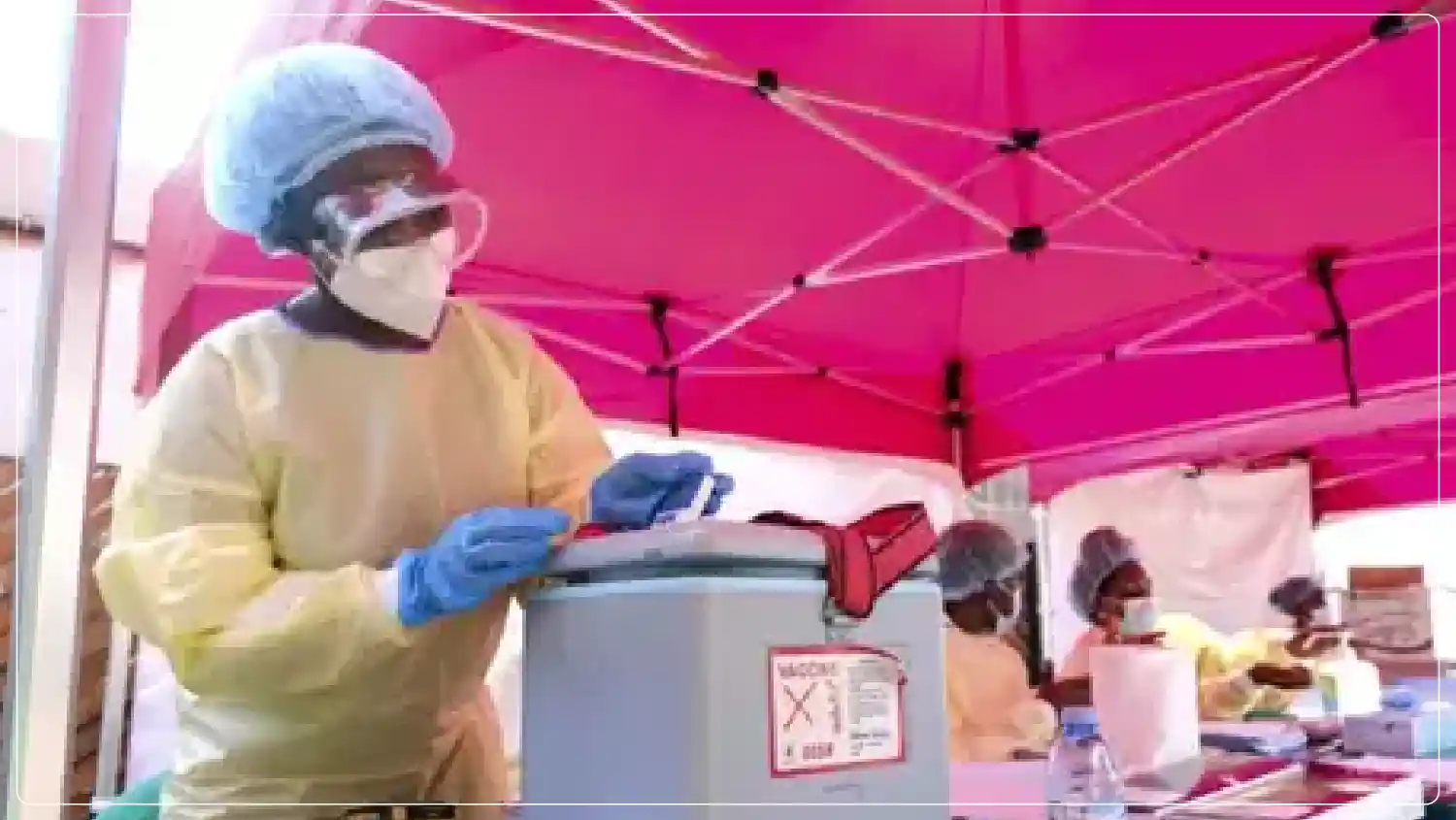Uganda Launches Historic Ebola Vaccine Trial to Combat Sudan Virus Outbreak
In an unprecedented collaboration with WHO and worldwide partners, Uganda's Ministry of Health has launched the first-ever vaccine trial for the Sudan strain of the Ebola virus. The trial announcement represents an unparalleled speed in implementing a randomized vaccine test in response to an emergency outbreak. Such expedited conduct of a trial, within four days of the confirmation of an outbreak, stands as a testament to advanced preparedness in research. Principal investigators from Makerere University and the Uganda Virus Research Institute, supported by WHO and other global health organizations, worked tirelessly to ensure the trial adhered to all national and international regulatory and ethical standards.

The Candidate Vaccine and Its Development
The International AIDS Vaccine Initiative (IAVI), with support from the Coalition for Epidemic Preparedness Innovations (CEPI), Canada's International Development Research Centre (IDRC), and the Health Emergency Preparedness and Response Authority (HERA) of the European Commission, is currently conducting clinical trials of a recombinant vesicular stomatitis virus-based vaccine. If proven to be efficacious, the vaccine, recommended by WHO's independent vaccine prioritization working group, may become an important tool for the control of future epidemic situations and the licensing of such vaccines.
Lessons from the 2022
Uganda's readiness for the next vaccine trials learns lessons from the 2022 outbreak of Ebola for the Sudan strain of the virus. A randomized vaccine trial protocol has been developed, while principal investigators have been appointed under the leadership of the Ministry of Health. Teams were trained in clinical research and outbreak response in very intensive courses. The trial was launched in Kampala, Uganda, with the health minister of the country presiding. Researchers defined three vaccination rings to allow a structured study. The first ring consists of about forty individuals who are either direct contacts of or contacts of, the first confirmed case, a health worker who succumbed to the disease itself. Despite inflammation, no licensed vaccine for the Sudan strain of the virus currently exists. The essence of this trial is to close that gap by evaluating the effectiveness of the rVSV candidate vaccine in preventing disease and alleviating case severity in those infected.
Ensuring Proper Research Standards
The World Health Organization convened its experts to lend support in Uganda to a trial of a vaccine for some emerging infectious diseases, training the researchers and health workers carrying out the trial while also considering the prepositioning of vaccine doses in Uganda. WHO worked with the national authorities and the vaccine developer to ensure that proper storage and handling were done. The short time from the start of the trial to its commencement speaks to the spirit of international collaboration in addressing emerging infectious diseases. WHO, under its agreement with the Ministry of Health of Uganda, secured additional doses of the candidate vaccine from IAVI. Such preemptive actions will maintain the candidate vaccine's viability in case of an outbreak.
What’s Next?
The ongoing Ebola vaccine trial in Uganda is already a milestone, but more investigations and data analyses will be required before large-scale applications can proceed. If it succeeds, the study will provide evidence required for regulatory approval and broader implementation in regions considered susceptible to outbreaks. This proactive response from Uganda, supported by international health agencies, will set a new paradigm for controlling deadly infectious disease outbreaks. The trial may mitigate future occurrences of an Ebola epidemic while enhancing preparedness for a global pandemic. Uganda and its foreign partners reflect how cooperation, rapid intervention, and preparedness for the next public health crisis matter.